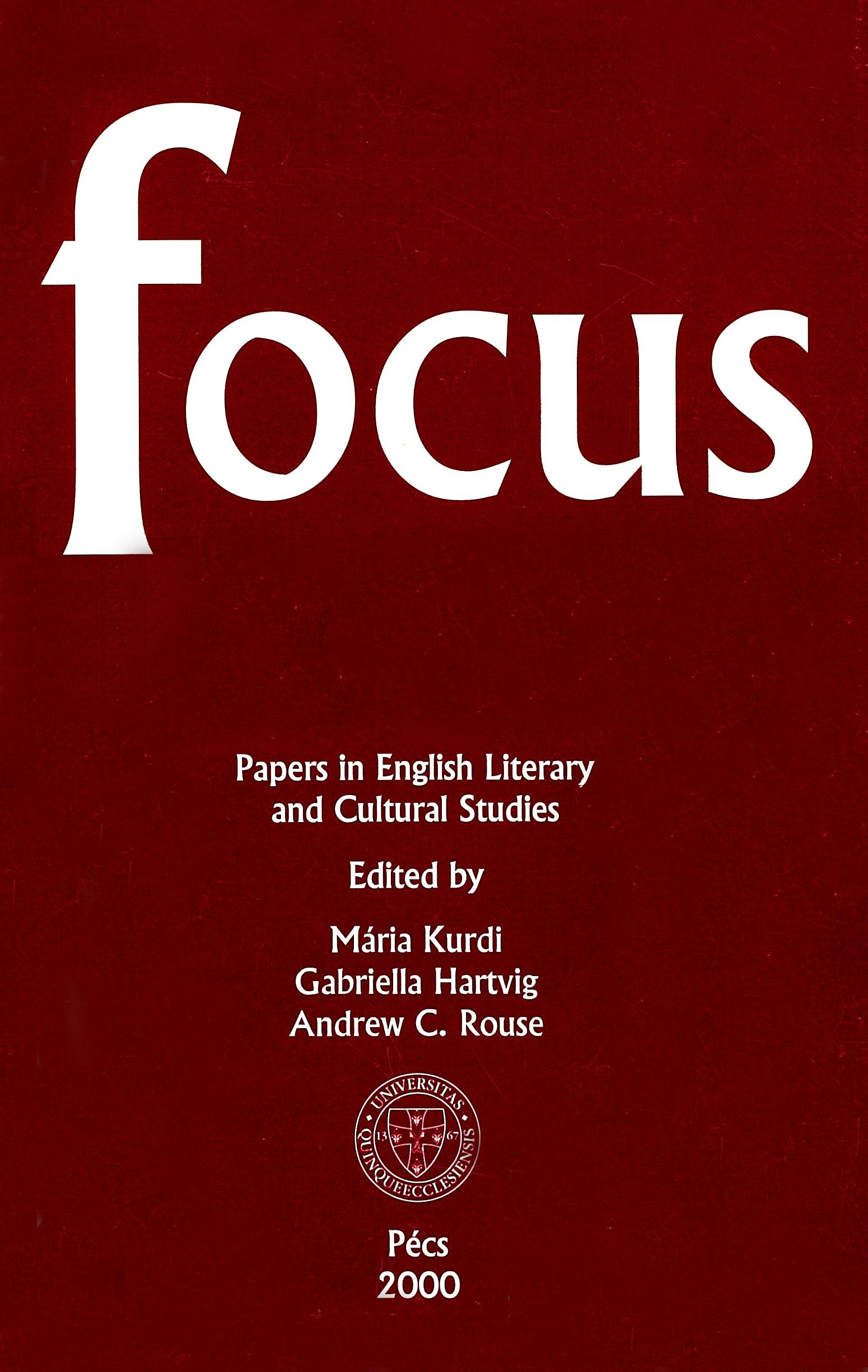The Reading of the Butler: Kazuo Ishiguro’s The Remains of the Day
Abstract
“It must be an awful job to be a butler anyway” (Powell 144). These, only partly hypocritical, sentiments are expressed by Erridge, the Communist aristocrat in Anthony Powell’s At Lady Molly’s. Erridge’s remark is meant as a comment on his butler’s spectacular, self-destructive alcoholism: Smith, in what looks almost like metaphysical despair, has returned to the etymological root of his occupation and taken to the bottle. In Powell, alcoholism usually indicates a general collapse of the self, a failure of the individual to identify with his role (as in the more prominent case of Charles Stringham). Erridge’s comment indicates that in Smith’s case alcoholism is somehow only to be expected, since there is an inherent difficulty in the identification demanded by butlerhood, a painful truncation, something that affects the self damagingly. Following the logic of Erridge’s comment, one might conclude that the difference between a butler’s real self and the identity he has to assume as a butler acts as a disruptive force in the economy of the self, finding some outlet in the excessive habit of alcoholism which can be considered as an attempt to step out of the confines of an externally imposed identity.
Downloads
Published
How to Cite
Issue
Section
License

This work is licensed under a Creative Commons Attribution-NonCommercial-NoDerivatives 4.0 International License.
FOCUS: Papers in English Literary and Cultural Studies follows the principles laid down by Creative Commons, which provides guarantees for the Author’s copyright while also ensuring that intellectual properties are made available for the wider public in a digital form. All papers submitted to the journal apply the following licence conditions (indicated on the journal’s website as well as in individual publications):
“© This work is licensed under a Creative Commons Attribution-NonCommercial-NoDerivatives 4.0 International License.”
You are free to:
- Share, copy and redistribute the material included in the journal in any medium or format under the following terms:
- Attribution — You must give appropriate credit to the Author, and indicate the original place of publication [FOCUS: Papers in English Literary and Cultural Studies, Issue nr., page numbers.].
- NonCommercial — You may not use the material for commercial purposes.
- NoDerivatives — You are not allowed to remix, transform, or build upon the material.
- The above conditions must always be indicated if the journal material is distributed in any form.
- The above conditions must always be met, unless a written permission signed by the Author and the Editor-in-Chief states otherwise.

